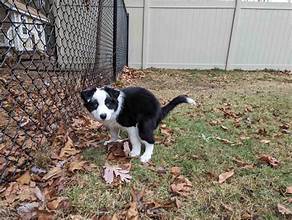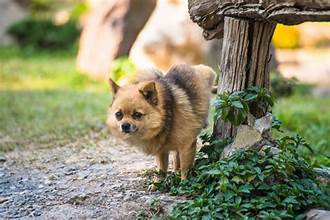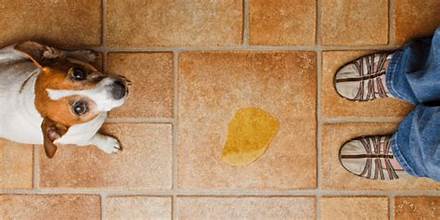Potty training can be a challenging and rewarding experience for you and your furry friend. Consistency, patience, and positive reinforcement are key to success. Here are some tips and tricks to help you navigate this exciting phase:
1. Establish a Routine:
- Regular Feeding and Watering:
A consistent feeding schedule helps predict your dog’s bowel movements.
- Frequent Bathroom Breaks:
Take your puppy out every 1-2 hours, especially after it has woken up, eaten, drank, and played.
- Choose a Designated Potty Spot:
Select a specific area in your yard or a designated walk spot.
2. Watch for Signs:
- Circling:
When your dog starts circling, they’re likely looking for a place to go.

- Whining or Barking:
These sounds often indicate that your dog needs to relieve themselves.
- Squatting or Sniffing:
These are obvious signs that your dog is about to go.
3. Reward Good Behavior:
- Positive Reinforcement:
Reward your dog immediately after it potties in the designated area with treats, praise, and affection.
Use a clicker to mark the desired behavior, such as going potty in the designated area, and reward it with a treat. The clicker serves as a clear signal to your dog that it has done something right, making it easier to understand what behavior is being rewarded.
4. Prevent Accidents:
- Close Supervision:
Keep a close eye on your puppy, especially when awake and playing.
- Confine When Necessary:
If you can’t supervise, confine your puppy to a crate or a small, puppy-proofed area.
- Clean Up Accidents Properly:
Use an enzymatic cleaner to remove urine or stool residue, as the scent can encourage your dog to return to the same spot.
5. Be Patient and Consistent:
- Avoid Punishment:
Never punish your dog for accidents. Doing so can cause fear and anxiety, which can hinder the training process.

- Stay Calm and Positive:
Maintain a calm and patient demeanor during the training process.
- Celebrate Successes:
Acknowledge and celebrate every successful potty trip.
6. Consider Professional Help:
- Dog Trainer:
Consider consulting a professional dog trainer if you’re struggling with potty training.
- Veterinarian:
Rule out any underlying medical conditions that may be contributing to accidents.
7. Special Considerations:
- Puppies:
Puppies have smaller bladders and may need to go out more frequently.
- Senior Dogs:
Older dogs may experience age-related changes in bladder control.
Potty training requires dedication and effort, but patience and persistence will help you and your dog succeed. Remember to celebrate your progress and enjoy this unique bonding experience.




